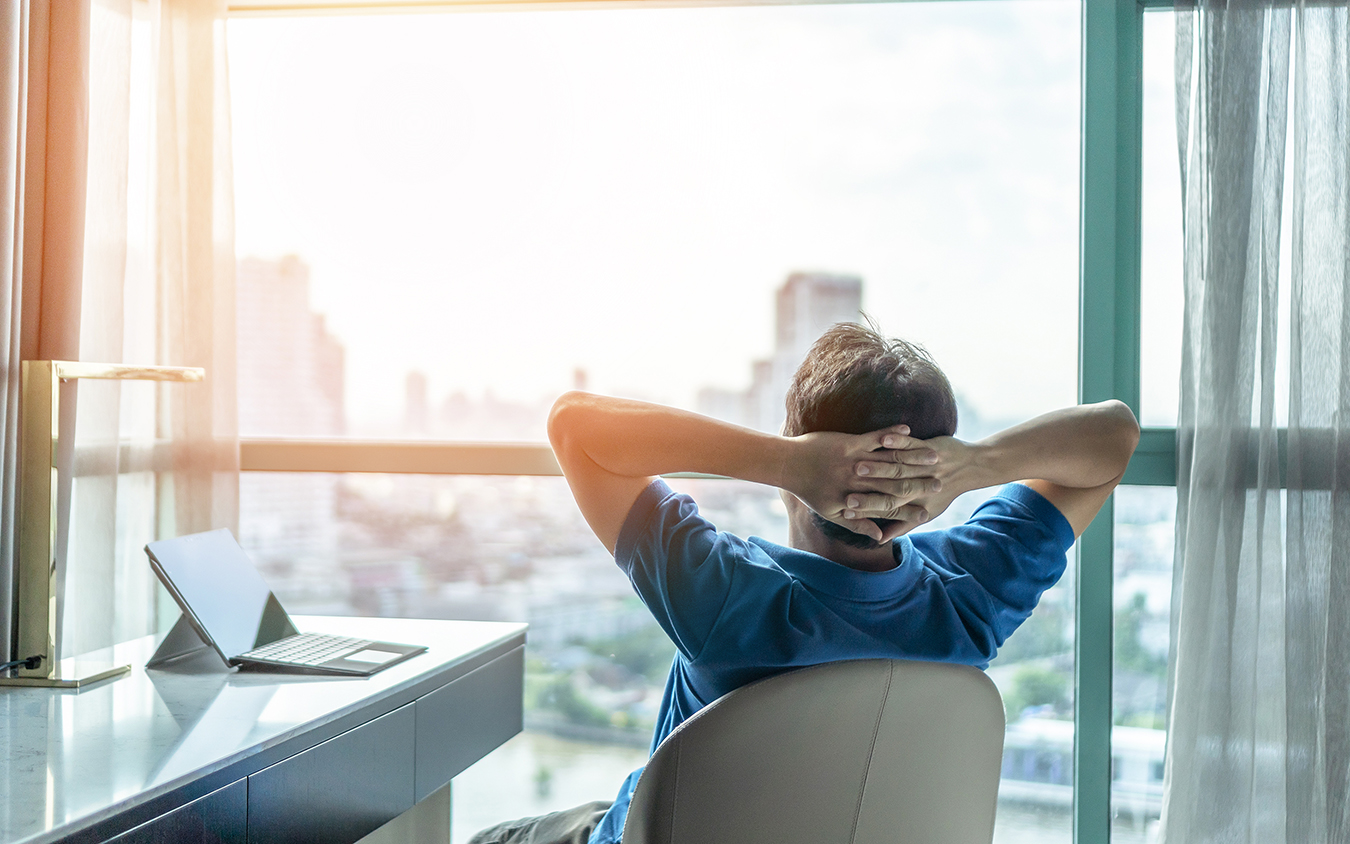Are you Prioritizing your Mental Health?

Simone Biles, Naomi Osaka, and Michael Phelps have spoken openly about their mental health struggles, detailing how the constant pressure of competition has affected their wellbeing. But you don’t have to be a high-performing athlete to feel the pull and tug of stress. Anxiety and depression can affect anyone.
By prioritizing their mental health, these high-profile Olympians have underscored the importance of taking care of one’s mind as well as one’s body.
Their examples have helped others hit pause in order to assess their own psychological state, says Barbara Coffey, M.D., M.S., child and adult psychiatrist with the University of Miami Health System.
“These athletes are saying, ‘We’re human too.’ And if it can happen to them, it can happen to anyone.”
But going public with these issues has never been easy. In fact, mental health struggles were often kept secret. The stigma was enough to derail careers. Yet, ignoring what needs immediate attention only delays improvement and can worsen symptoms.
Fortunately, that has been changing, albeit slowly.
As research has proven a biological basis for these disorders, mental health has finally been given parity with physical health concerns, Dr. Coffey says. “We’ve become more aware, more understanding. We’re seeing more acceptance and openness. People are talking about it more.”
Even so, misconceptions persist. When the world-famous athletes went public with their decision to step back, the reaction was far from unanimously supportive. They were accused of being too pampered, too weak, and urged to push through it — which is the absolute wrong thing to do.
We don’t tell people to push through their diabetes. Getting better is not a matter of willpower.
Dr. Coffey
What’s more, we don’t keep regular — or scheduled — tabs on our mental health, sometimes allowing the symptoms to reach a crisis situation. “You check your eyes and your skin and your physical health in annual visits,” Dr. Coffey says, “but you don’t find people doing the same with their mental health.”
It’s never too late to start, however.
Here are some of Dr. Coffey’s suggestions about putting your psychological wellbeing front and center:
- Take stock of your feelings. Ignoring them doesn’t mean they will go away. To do this, you need to assess changes in behavior. Are you experiencing a lack of energy? Have your sleep patterns changed? Are you eating more — or less — than you normally do? Do you find yourself worrying all the time? Have you been drinking excessively? Using drugs?
- Learn to say no. Pressure to meet the expectations of work, family and friends can be exhausting both to the body and the mind. For many, especially women, pleasing others is a practice learned early on. It can feel, in Biles’ words, as if the “weight of the world” rests on one’s shoulders. It doesn’t have to be that way. Ask yourself: What is really important? What can be canceled? What can be deferred?
“People are overcommitted, but humans aren’t made to do everything at high speed all the time,” Dr. Coffey explains. “Sometimes, all you need is a short break.” - Figure out your own definition of success. In the U.S., success is often defined by how much money you have or what you own. This often requires long hours on the job and sacrificing time with family and friends, but this may not be what everyone wants. Chasing a societal assumption can be problematic, Dr. Coffey explains. The good news? The pandemic has prompted many to re-assess.
“Think about what a life well lived means to you,” she adds. “Well lived means well-balanced. Once you know this about yourself, ask, How can I implement that for myself?” - Set limits at work. As more people work from home, the boundaries between the two settings have blurred. But even before COVID-19, the World Health Organization focused a spotlight on this issue when it defined burnout as a syndrome associated with chronic stress at work. The workplace may be changing, however, as employers — and society, in general — recognize an always-on environment isn’t healthy for the individual or company in the long run. “We’re a country built to a big degree by workaholics,” Dr. Coffey says. “It’s been hard to change that mentality, but there’s a recognition that people can and should do less without feeling anxiety, shame, and guilt.”
- Focus on activities that bring you joy. Use your vacation days. Unplug from email and other connections to the office. Invest time in your hobbies and learn to relax. “Taking time is essential to mental health,” Dr. Coffey adds. “Anything that gets you away from the hustle, even if only an hour, is essential.”
- Step out into nature. Whether it’s a walk in the woods or a boat ride through Biscayne Bay, enjoying the natural world can help with stress and anxiety.
Get help when you find you can’t go at it alone. Your primary care physician — or your child’s pediatrician — should be your first stop. He or she can recommend a mental health specialist.
You can also call UHealth at 305-243-0214 for help if you or a loved one have trouble with moods, thinking, or behavior.

Ana Veciana-Suarez, Guest Columnist
Ana is a regular contributor to the University of Miami Health System. She is a renowned journalist and author who has worked at The Miami Herald, The Miami News, and The Palm Beach Post. Visit her website at anavecianasuarez.com or follow @AnaVeciana on Twitter.
Medically reviewed and approved again in February 2023.
Tags: Dr. Barbara Coffey, Self-care, sound mind
